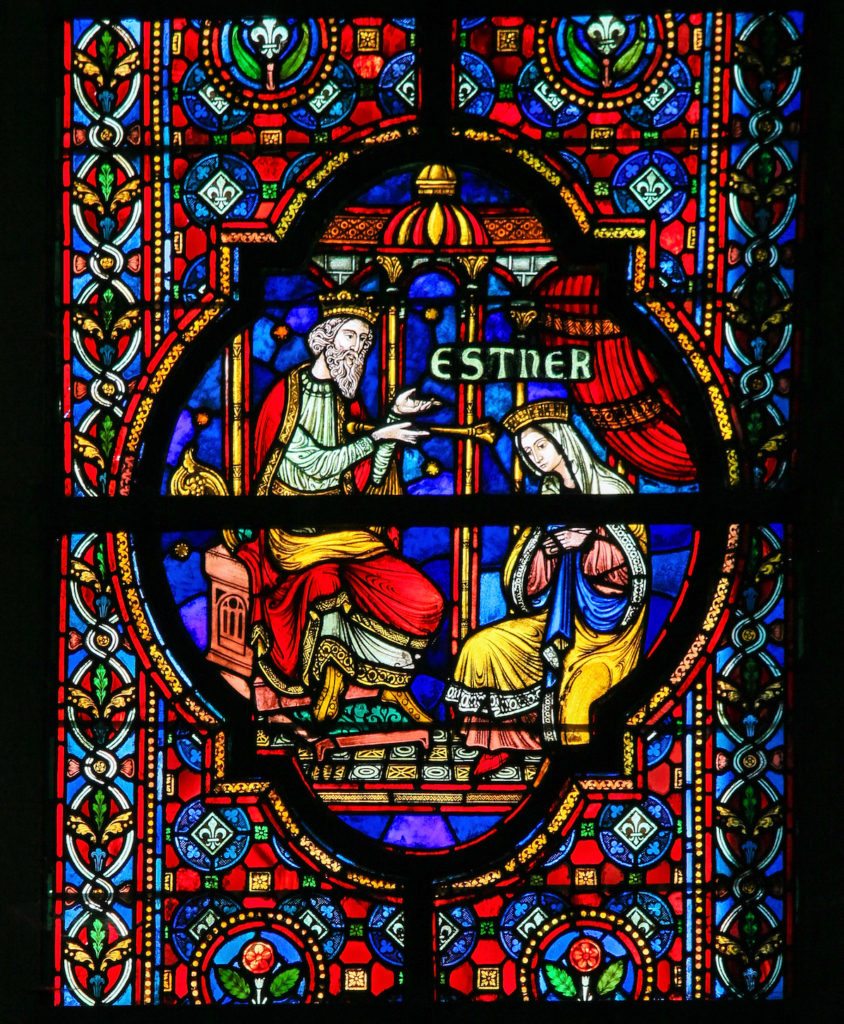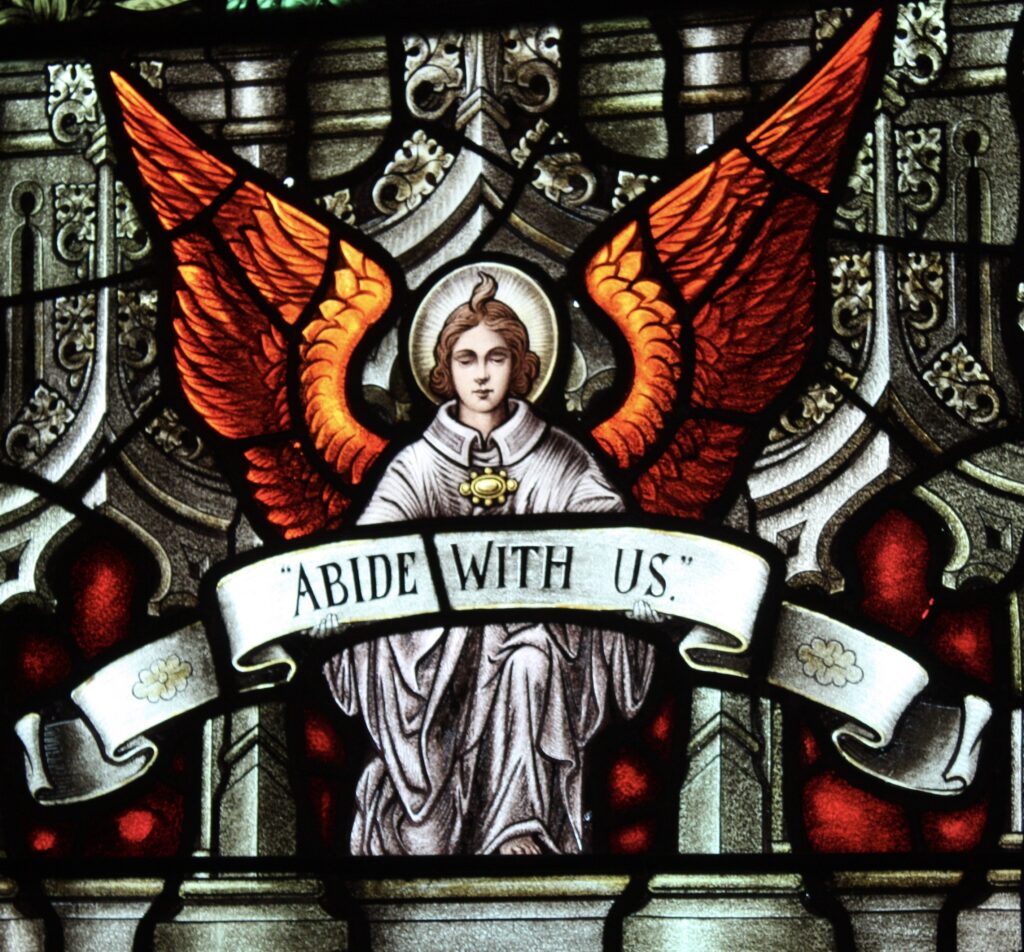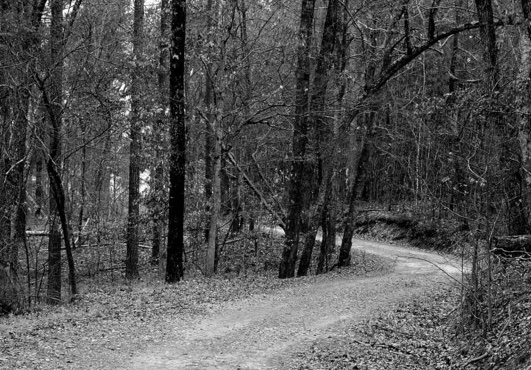“Perhaps this is the moment for which you were created.” This verse from Esther 4:14 is one of my favorites despite its placement in the middle of a story of misogyny, threatened genocide, and manipulation. I mean if we are being honest, most quotes from the Hebrew Bible are in the middle of some troubling circumstances, so we cannot always be swayed by context, and for me, this quote inspires.
I like Esther. Whether she was an actual historical person or an allegory, her story behind the celebration of Purim is one that inspires due to the possibilities. Right or wrong, like me, Esther was a woman who had to deal with some strange and messed up circumstances.
Esther, a Hebrew teenager, was placed in a beauty contest where the prize was being part of King Cirrus’ harem. Every girl’s dream, I know. Esther was starved for months, waxed, perfumed, and made up. And after the Cindy Crawford airbrushing, she was paraded to the King with a bunch of other virginal victims, so he could decide who he wanted to fit into his busy sexual schedule. Picture Miss Congeniality but with the threat of death. There was no wizened Michael Caine to draw out her inner beauty, but instead her family hoped that she would make it into the harem, so she and her family weren’t murdered. Great time to be a young woman.
Esther wins the King’s favor only to get drawn into a genocidal nightmare, because two men are vying for power – Esther’s Uncle Mordechai and Hamman (loud cursing from the Members of the Tribe). Hamman, the bad guy, wants to kill all the Hebrews because he is jealous of Mordechai. Likely an overreaction, but boys will be boys.
After some gnashing of teeth and fasting, Mordechai puts it all on Esther’s shoulders. “Perhaps this is the moment for which you were created.” Mordechai wants Esther, the trafficked female in a huge harem, to somehow stop a genocide. And, spoiler alert, she does. Well, God does, but unlike most of the women in the Bible, Esther gets the credit. And we know this because it is one of the only books in the Bible where God isn’t actually mentioned. Hit tip to the scribes that allowed a female to be a heroine in the cannon.
But here is what I like about seeing Esther in the context of this troubling story: she is full of potential. Even Mordecai, passing the genocidal buck, sees that Esther has hidden power. So, “perhaps.” Perhaps is an adverb, meaning “to express uncertainty or possibility.” I choose possibility. Perhaps. Perhaps you can start a business. Perhaps you can finish your degree. Perhaps you can raise beautiful kids. Perhaps you can get elected. Perhaps you can stop a genocide.

That word. Perhaps. It is rife with potential. Here she was, a young girl, plucked from obscurity, pimped to the King, and saddled with trying to save her people. Perhaps. Just an inkling of belief. Perhaps. Just a moment of “this could actually be why you were created.” This one moment may be the entire reason that you were born. Perhaps.
I love that idea. Esther seizes it. This girl decides what to do, uses her beauty and cunning, and saves the day for her people. Perhaps. All the days before could have been good. And all the days after might have been filled with pampering and an easy life. There is no reason to judge those days. But, on that one day, perhaps she would save her people. She would capitalize on the opportunity to define her life by a monumental act in the worst of circumstances. Perhaps.
This story makes me live in the mindset of infinite possibilities. “Perhaps” is always on my mind because the truth is that others will judge our lives long after our daily choices are done. But “perhaps” keeps me in the moment of opportunity. For me, perhaps this presentation to new business owners is the one that encourages someone to start a multi-million-dollar business that transforms lives. Perhaps the kids that I help as a Guardian ad Litem grow up to be the next Elon Musk. Perhaps the appeal that I argue changes the law for the better. Perhaps the $10 that I give that homeless person gets them a hot meal that day. Perhaps the joke that I tell on social media makes a friend having a hard day laugh. Perhaps.
Each of our acts can be dismissed or we can think that each of our acts can be an entire universe of possibility. Like Esther, I choose to believe that perhaps I can save my people too; at least the ones that God puts in my path. Perhaps.



